A gas station in Anderson County, South Carolina was going about its business until its pumps were recently shut down by the state’s Department of Agriculture.
Department officials went to investigate the gasoline quality at the station after they received some complaints. After inspection, it was determined that the gasoline was contaminated.
Gasoline Fails Inspection
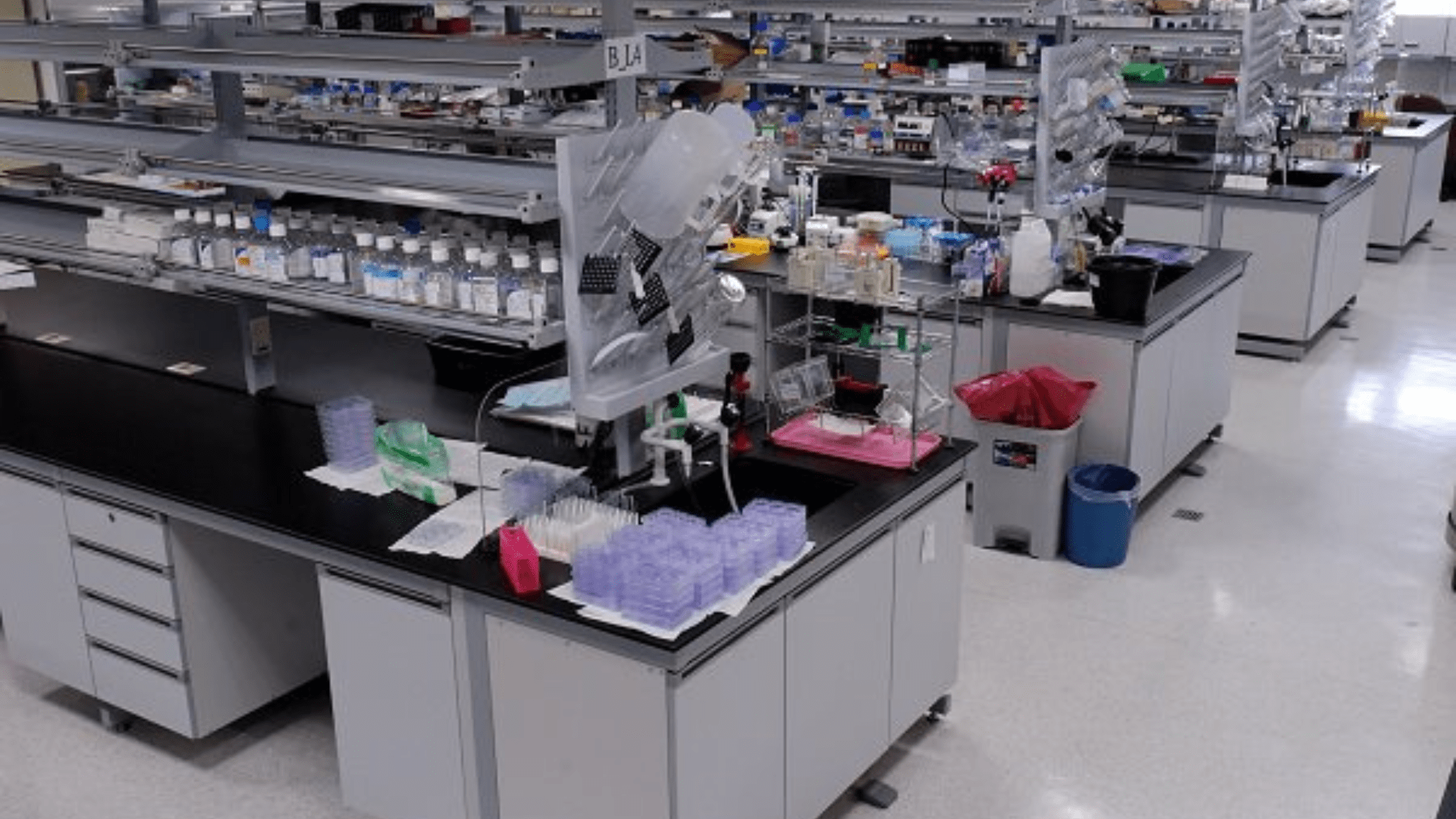
The batch of gasoline in question had been delivered to the Sav-Way station by MPLX Terminals LLC via Belton, SC.
After the Department of Agriculture completed their inspection, they were forced to issue the Sav-Way a “fail” result. They had discovered water in the gasoline sample they gathered.
Sale of Gasoline Halted
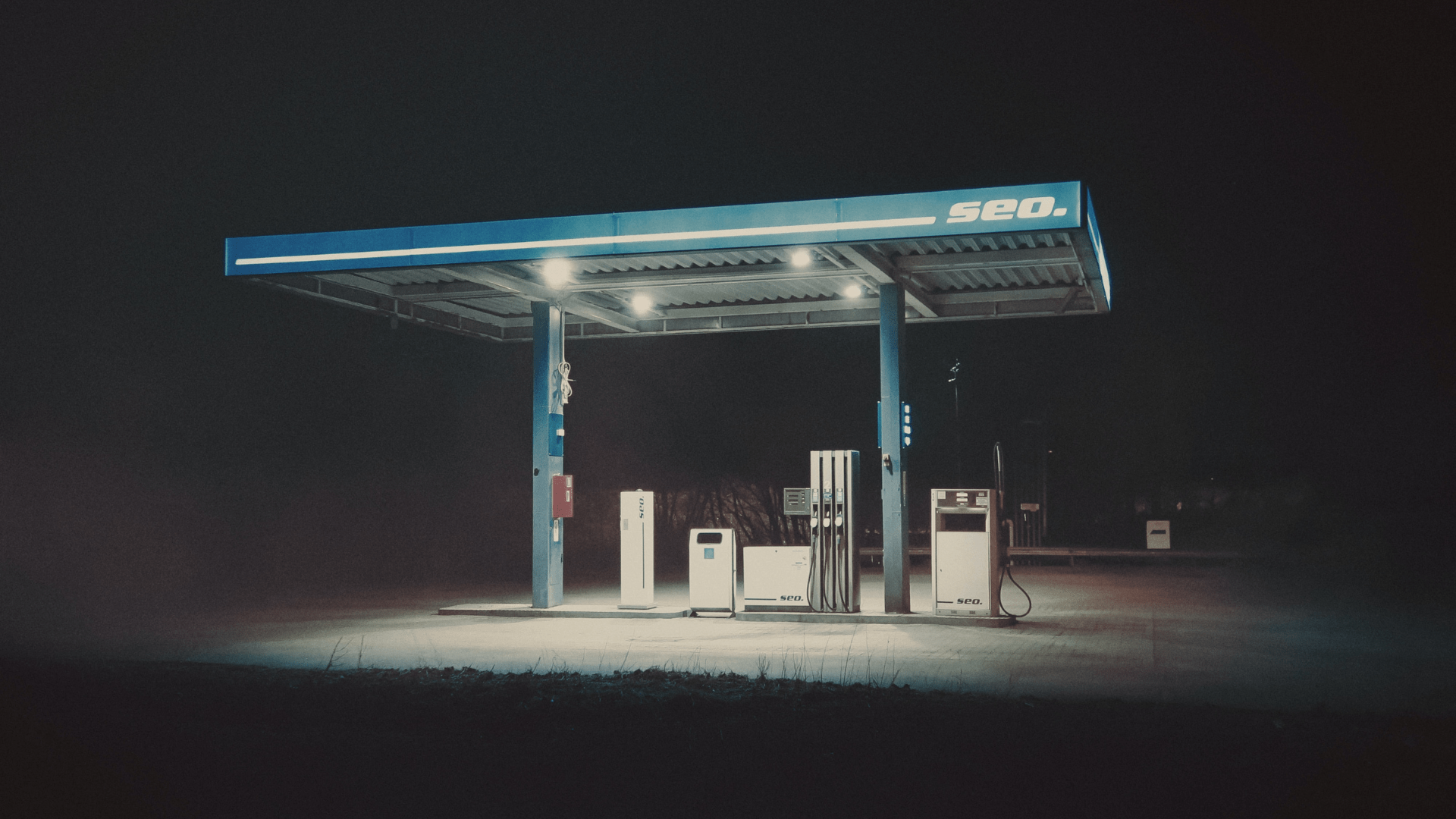
The Department forced the gas station to cease its sales of gasoline for the time being.
The gas station may resume their sales of regular gasoline only after the Department has passed the product. Once the issue is addressed, the Sav-Way location can contact the Department and request a re-test of updated product.
The Process of Resuming Sales
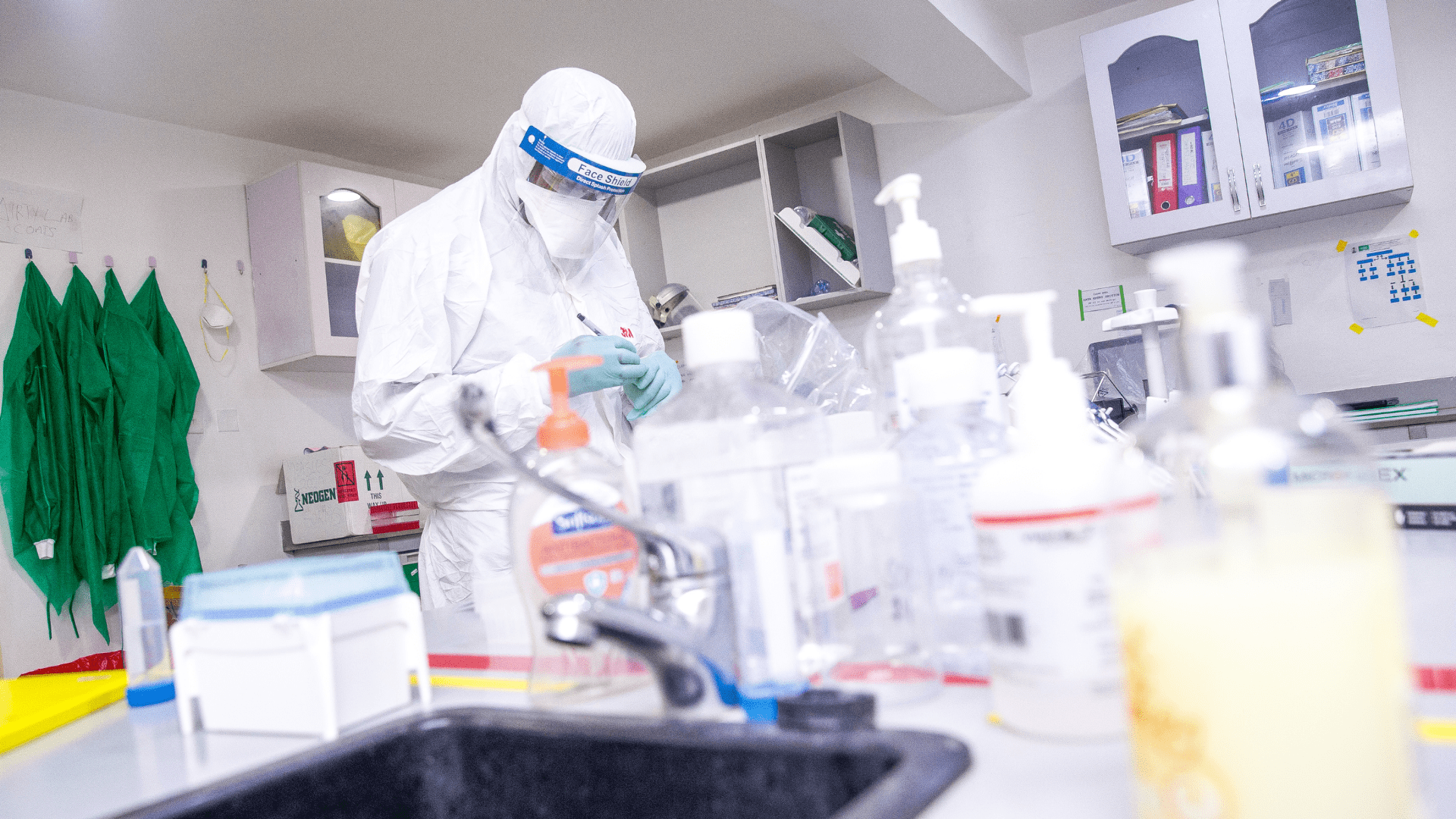
For the Sav-Way location in Anderson County to resume sales, they’ll need to complete a few necessary actions.
The station will need to bring the issue up with their gasoline provider, MPLX Terminals LLC. After they resolve their supply issues, either by receiving purity samples from their original supplier or locating a new one with purity samples on-hand, they’ll need to properly dispose of their contaminated gas and resupply. Then, they can have the state come down to re-sample and re-test their product for a passing certification.
How Gasoline is Tested
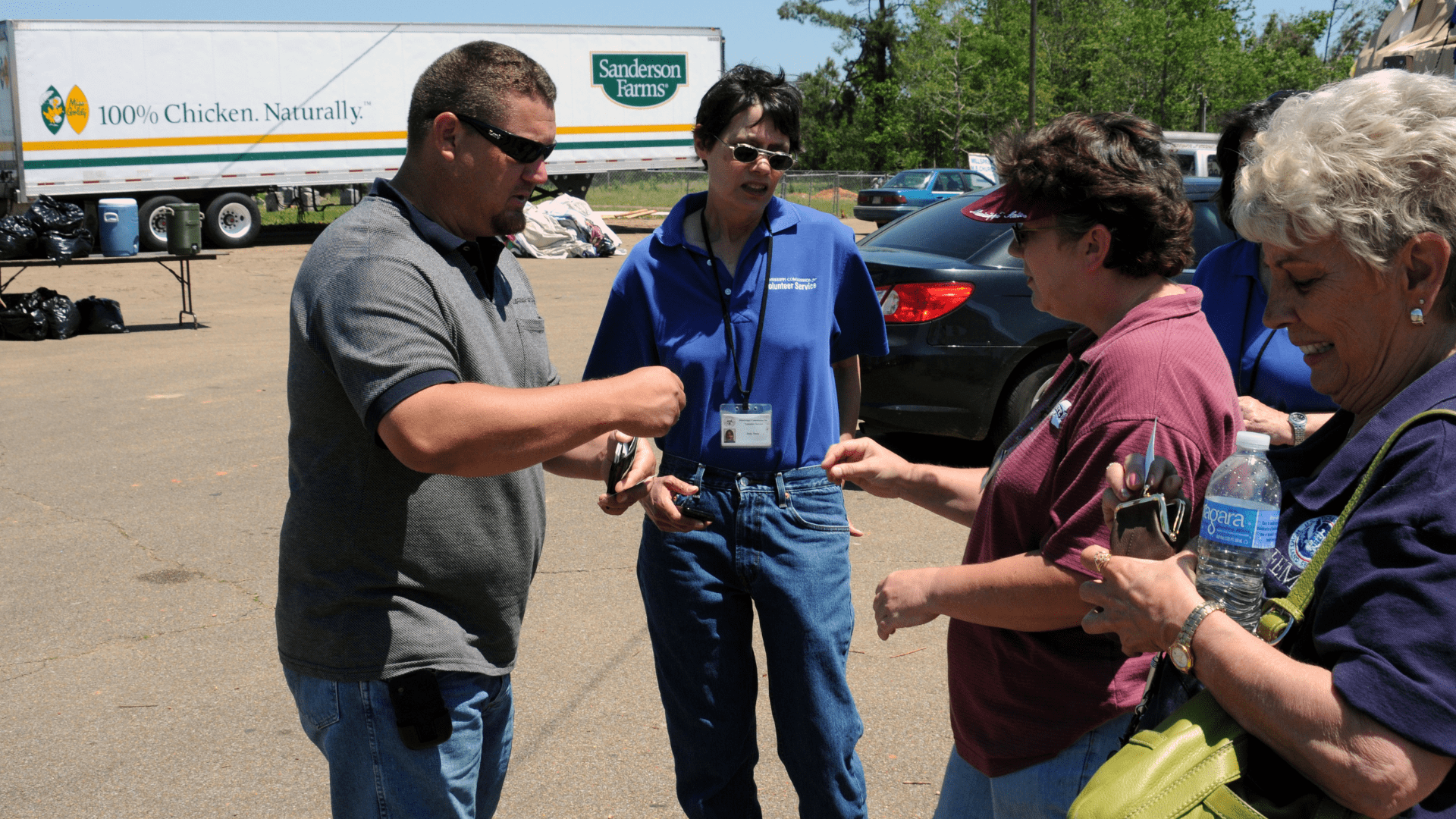
Gasoline inspection is a routine, regulated necessity at all gas stations across the United States.
Gasoline tested through a process involving a number of professionals. State officials collect samples from station storage tanks and send them for laboratory testing by chemists. The laboratories then analyze the gas for various properties and contaminants using ASTM certified methods. Based on the results, stations receive certifications of “pass” or “failure” by the state government.
The Problem of Diluted Gasoline
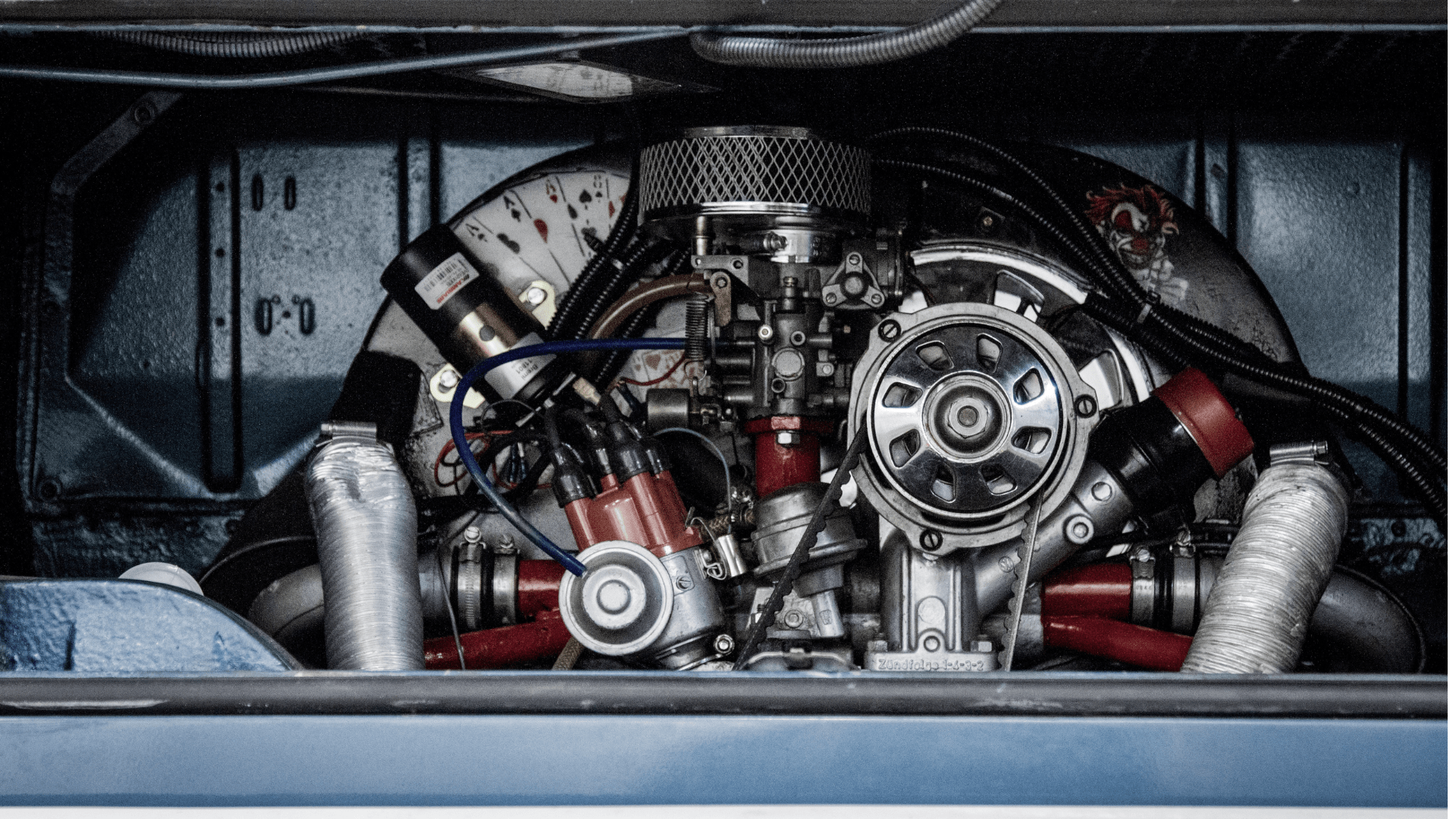
Gasoline with water in it can cause major issues for motorists. When water gets into a gas tank, many things begin to go awry.
It can damage vital components within your engine, such as the fuel injector, fuel pump, fuel filter, and gas tank. Eventually, it can wreak irreparable damage on your entire gas tank.
How Water Damages an Engine

Pumping gasoline that contains water can damage all the aforementioned parts of an engine.
The damage occurs primarily due to the fact that water will rust certain metal aspects of a vehicle’s engine as well as disable vital electronic functions. If left undiagnosed and untreated, total engine failure can occur.
How Do You Know If Water is in Your Engine?
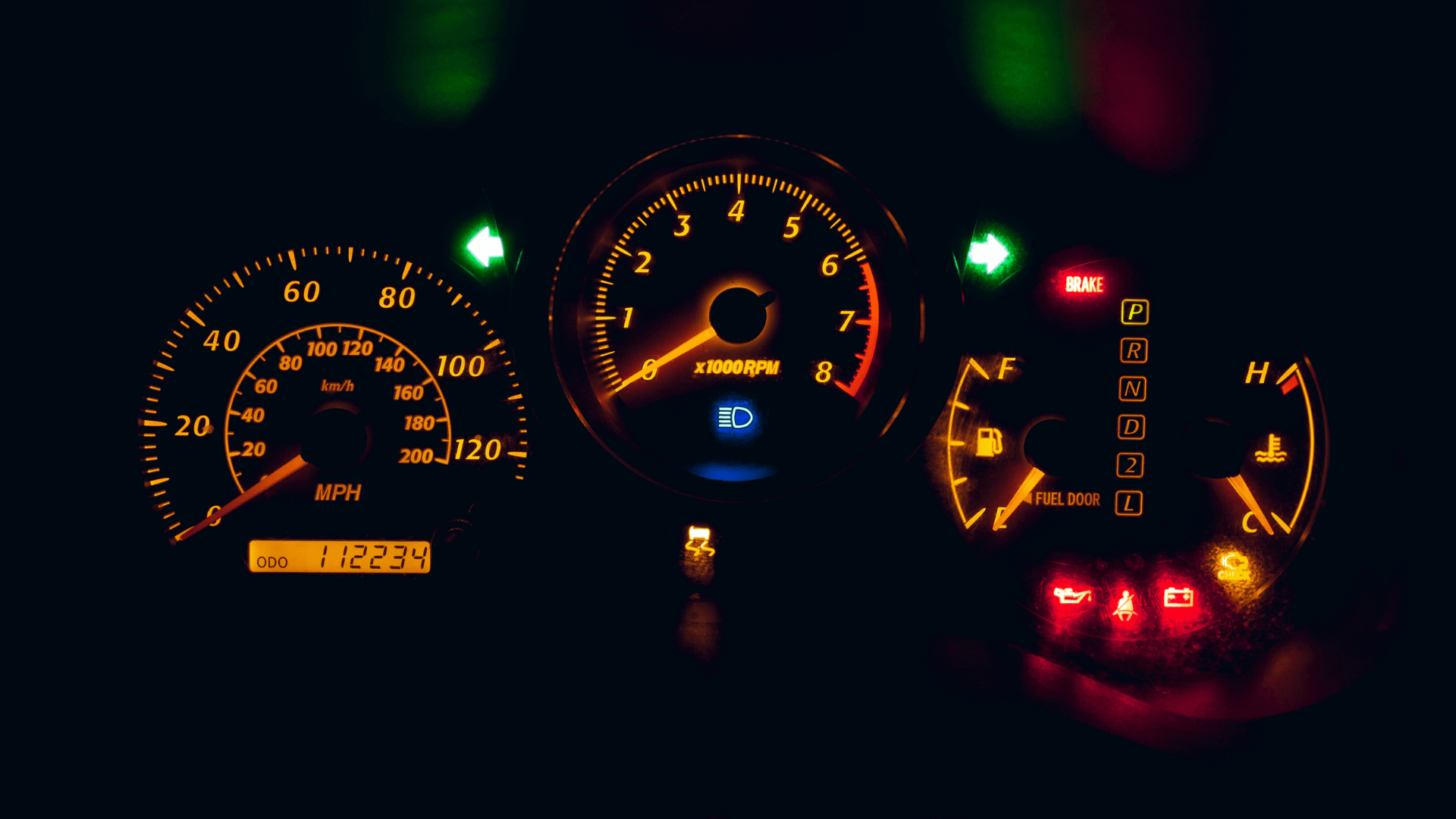
If you’re unfortunate enough to get water in your vehicle’s engine, there are a few telltale signs that you can alert you.
Symptoms of water contamination in your engine include a drop in overall power when accelerating, a loss of normal fuel economy, rough idling, and difficulty starting your engine. If you suspect water contamination and your engine is jolting and sputtering, you need an inspection.
How Common is Watered-Down Gas?
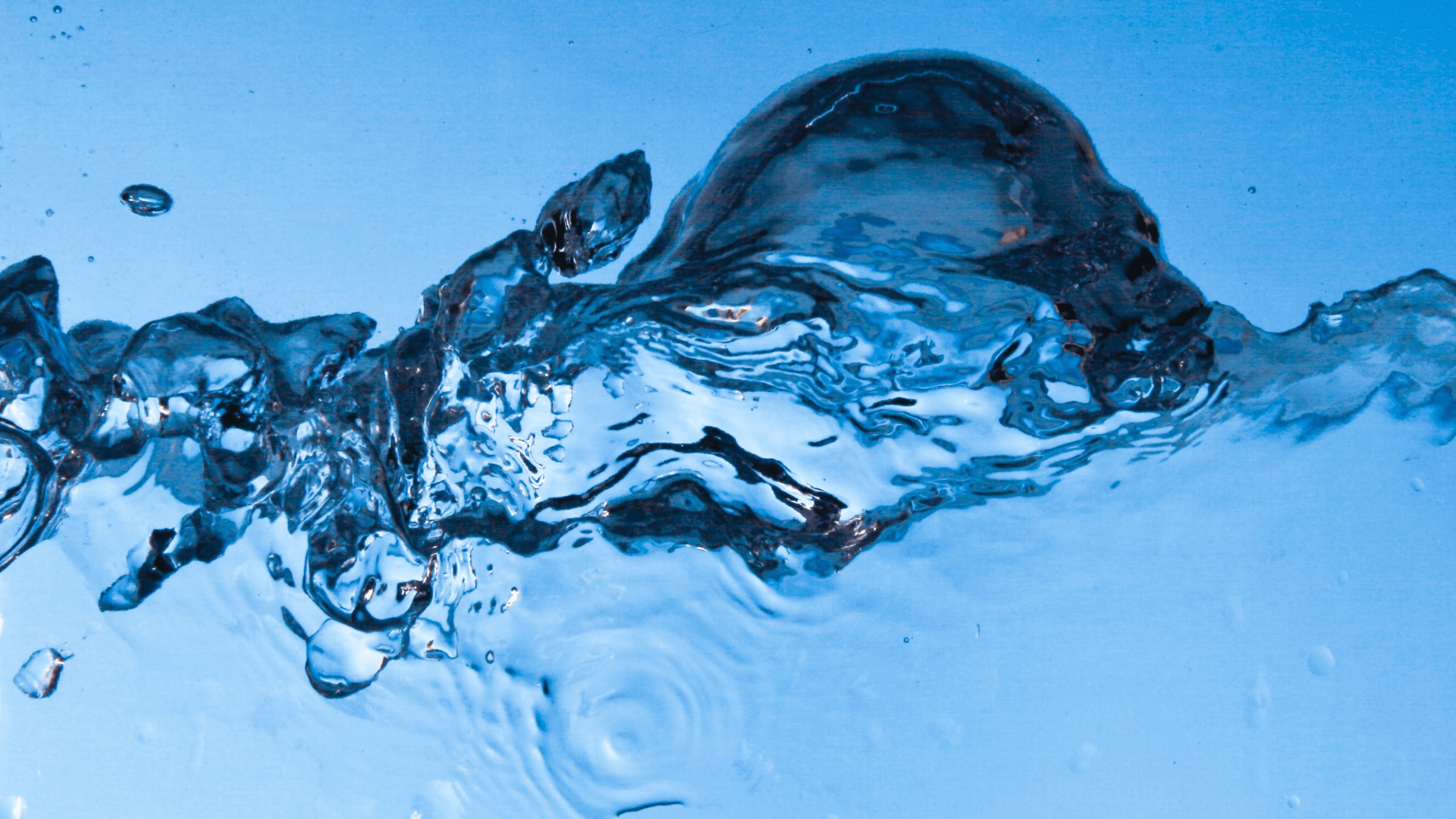
Water contamination in gas station gasoline is far more common than you might think.
A report by CheapCarInsurance.net has identified major trends in gasoline contamination. The survey found that 20.7% of gasoline inspection failures in Georgia were due to water presence, while around 20% of inspection failures in North Carolina arose from the same issue. This doesn’t mean there aren’t similar issues in other states–these states simply have the best data.
How Does Water Contamination Occur?
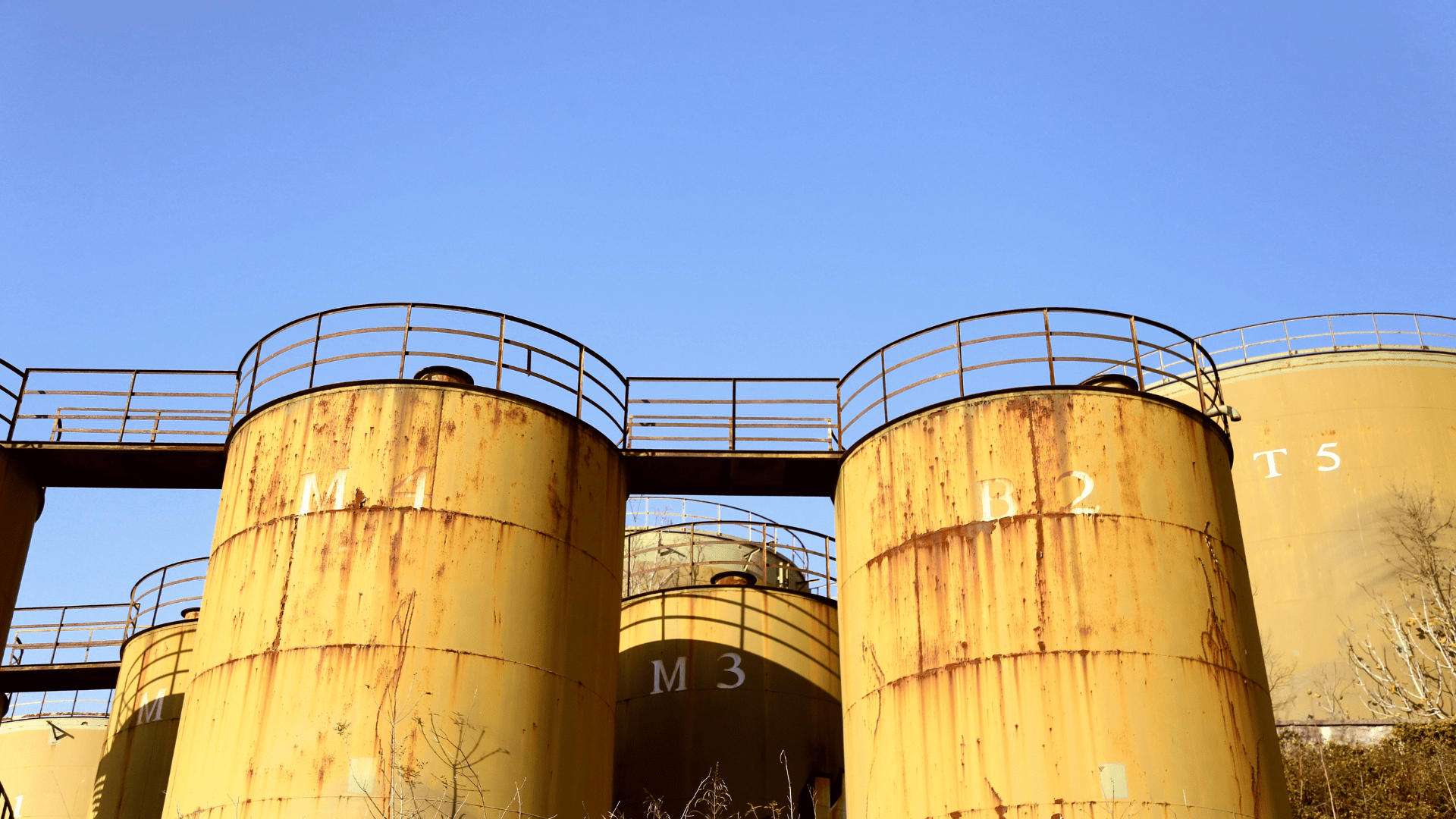
The prevalence of water contamination is due to a couple of common issues at reserves and at the pumps.
If there is any way for free water to get into a fuel tank, it will find its way. Free water comes primarily from rain and condensation, which ground and air temperatures contribute to. At the pump, water violations arise due to leaky filtration systems during rainy months.
What to Do if You Believe Your Gasoline is Contaminated
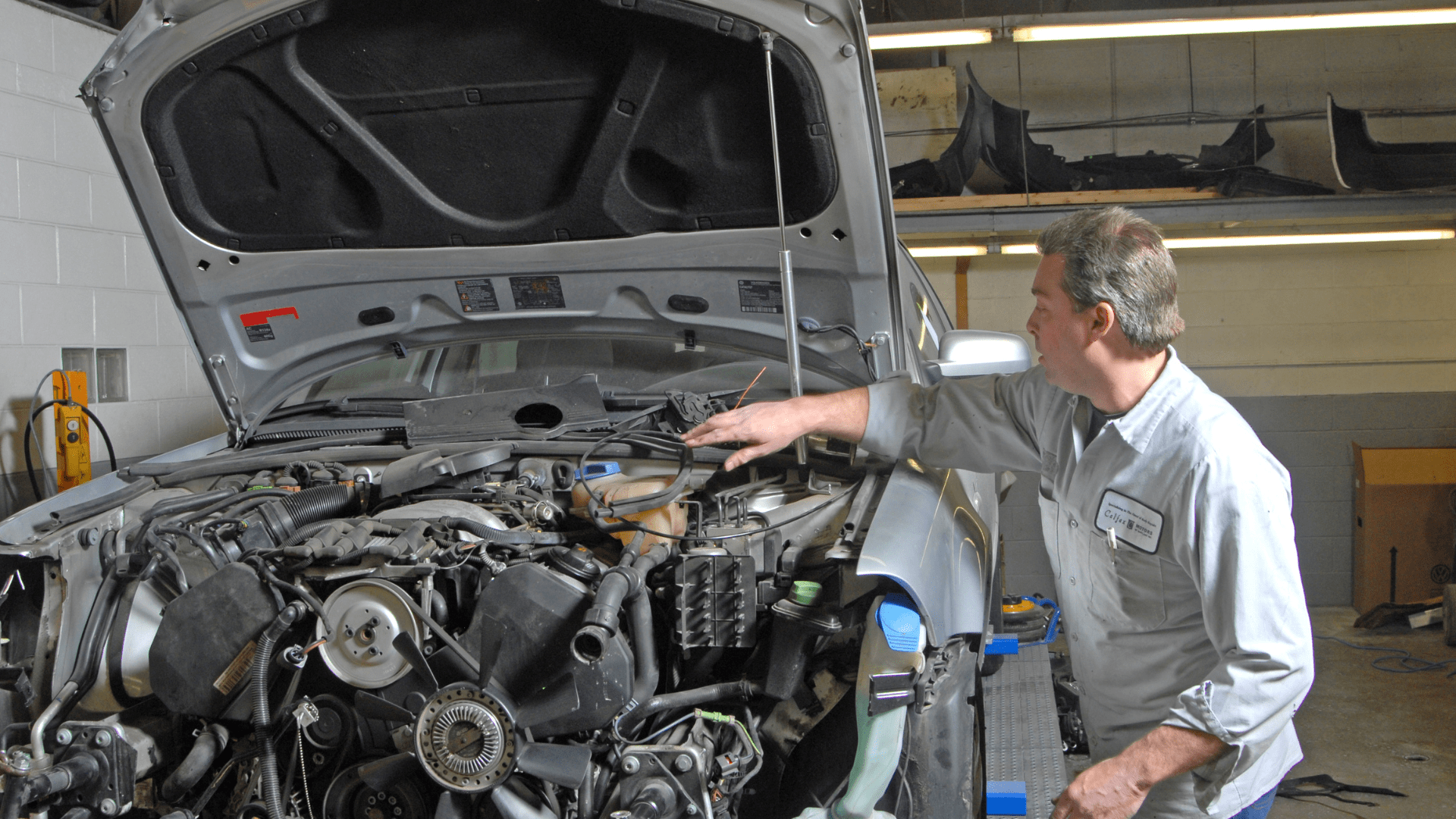
If you believe your gasoline is contaminated either with water or other pollutants or sediments, the first thing you should do is ensure the culprit is truly gas contamination.
You can do this by having a certified auto mechanic inspect your engine and gas tank. Specifically ask them to save a sample of your gasoline for proof and have them note the presence of contaminated gas on your invoice. Next you’ll want to contact your state’s consumer services and follow their instructions to properly submit your complaint and evidence.
How to Avoid Contaminated Gas
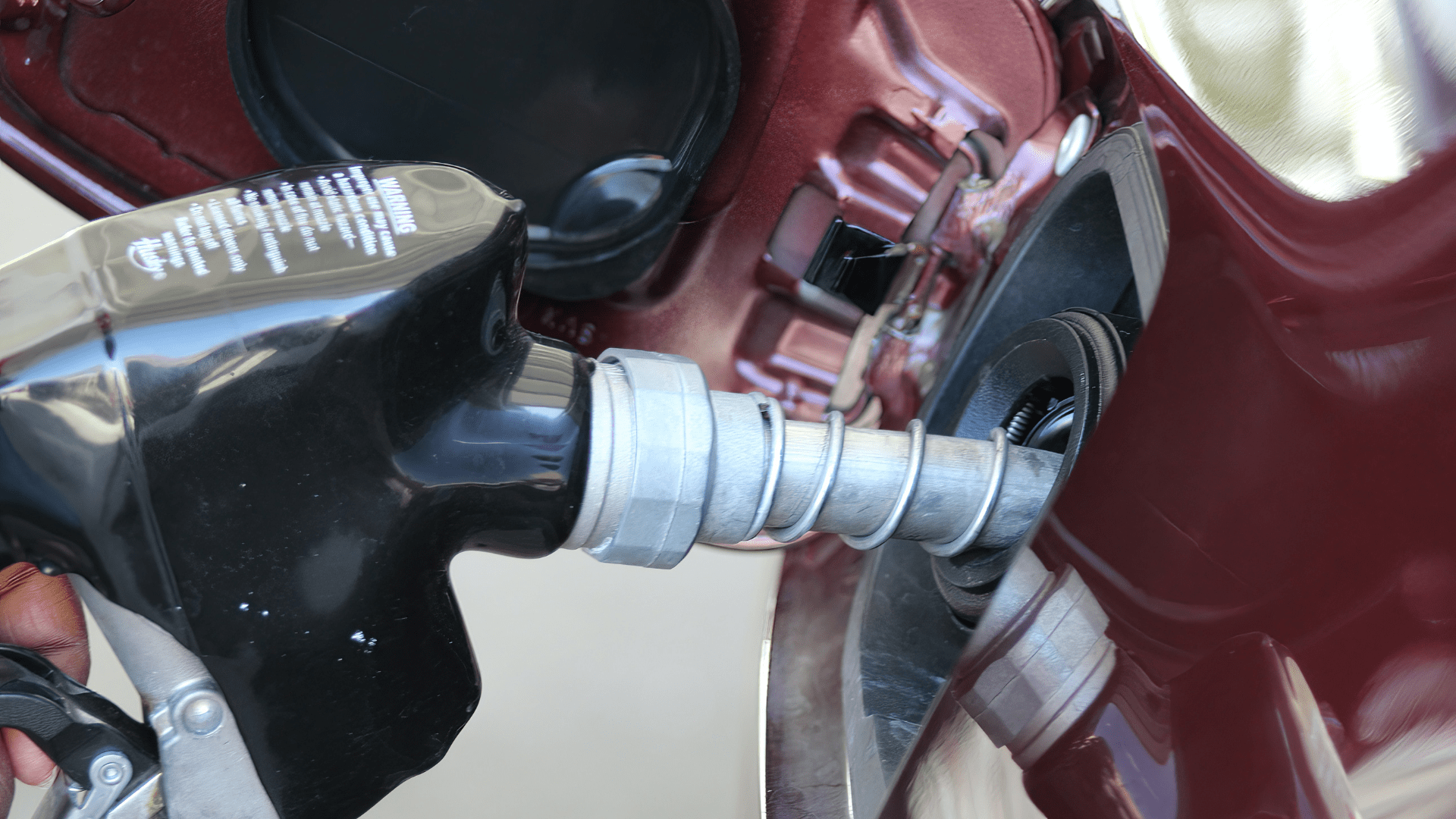
Since contaminated gasoline is more prevalent than most consumers believe, and the potential ramifications of using such gas are significant, what should you do to best avoid tainted fuel?
First, recognize that not all gas is created equal. You may need to avoid the most convenient gas station and opt for a station that provides top-tier gasoline instead. Top-tier gasoline goes above and beyond the Environmental Protection Agency’s minimum for vehicle performance and follows much more stringent standards for fuel economy and emissions.
